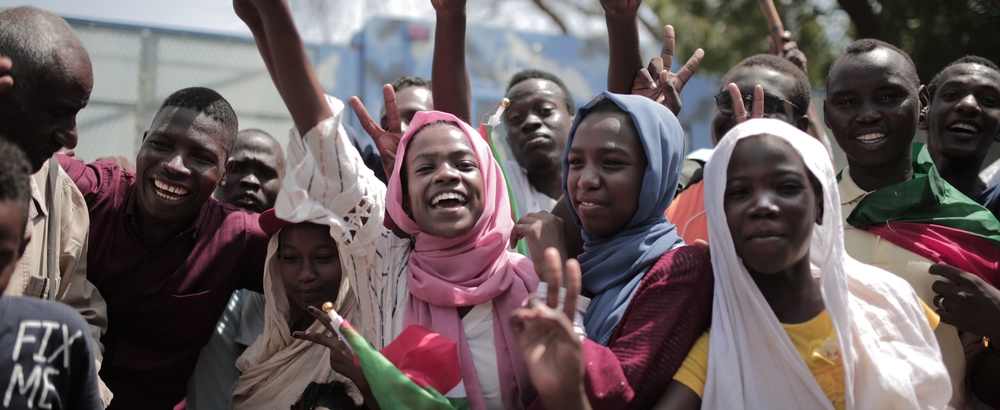DOWNLOAD PDF
THE ISSUE
U.S.-Africa policy is limited to two main focuses at the exclusion of almost all others: (1) security-focused efforts to guarantee access for the U.S. in the global war against terrorism and (2) ongoing humanitarian assistance. The results have been detrimental to good governance and accountability and for human rights and the rule of law.
The dominance of security-focused foreign policy overshadows other potential areas of U.S. engagement with sub-Saharan Africa. U.S. counterterrorism efforts have contributed to the erosion of accountability for security forces. U.S. military counterparts in Kenya, Nigeria, Cameroon, Chad and Niger have poor human rights records, with security forces in Nigeria and Cameroon credibly linked to torture and possible war crimes. Some experts fear that the impact of these human rights violations might be undermining support for counterterrorism initiatives. Despite this, the U.S. continues to train and assist these militaries, effectively supporting impunity.
Another consequence of the U.S. security-focused foreign policy is the ever-increasing export of U.S. arms to governments that have documented records of using them to commit abuses. While Boko Haram and Al Shabab constitute serious threats, easing human rights criteria in order to sell more weapons will create unsustainable dependency, prioritize militaristic approaches, and lead to more human rights violations.
Another casualty of the U.S.’s current foreign policy approach is civic space and accountability. U.S.agreements to coordinate counterterrorism efforts have resulted in governments passing sweeping legislation to restrict freedom of expression and assembly and access to information and have shut down government critics,members of the political opposition, civil society organizations and the media. Key U.S. military partners have passed legislation restricting civil society organizations, and independent media. In short, the governments are dismantling the very institutions needed to ensure human rights protections and to make sure that government policies and practice respect the rule of law and international and regional human rights standards.
U.S.-Africa policy is being shaped by what the United States is not prioritizing as much as by what it is.
Programs to strengthen institutions and improve governance and accountability within the civilian sector have not kept pace with increases in security assistance, even though governments in Africa are dealing with displaced persons, climate change, and conflict over scarce resources. The funding imbalance sends a clear message about what the U.S. considers important.
U.S.-Africa policy needs to be reset and re-balanced. Increased human rights and governance programs must be complemented by the engagement of high-level officials in the executive branch. The administration must play a leading role in a communications campaign to build public and popular support for those priorities in those countries.
TALKING POINTS
- U.S.-Africa policy has devolved into militaristic counter-terrorism partnerships and diminished humanitarian assistance. The United States must restore efforts to improve human rights and good governance by investing in programs to build strong, independent institutions, transparency, and accountability.
RECOMMENDATIONS
- The White House should publicly reaffirm that promoting and protecting human rights globally is a U.S. foreign policy priority and direct the Secretary of State to have all U.S. embassies in Africa develop and implement public relations campaigns on the importance of human rights and good governance, as well as the United States’ commitment to those principles and to partner with African governments to achieve them.
- Instruct the Departments of Defense and State, including USAID, to conduct a review of the successes and challenges of U.S. counterterrorism strategy in Africa since 9/11, with a view to prioritizing security initiatives that have worked while not sidelining human rights.
FOR MORE INFORMATION, PLEASE CONTACT:
Adotei Akwei
Deputy Director, Advocacy & Government Relations
(202) 509-8148
